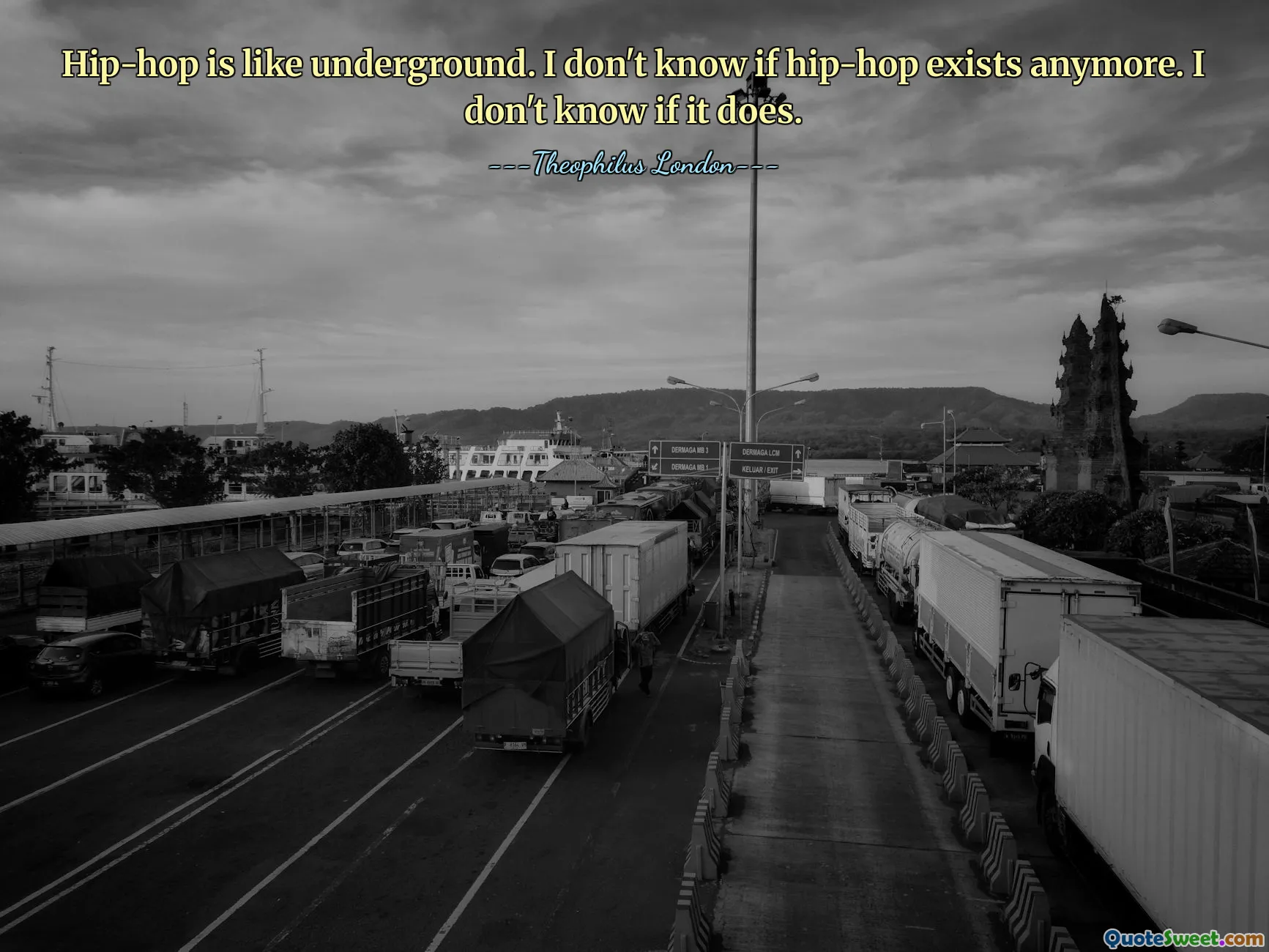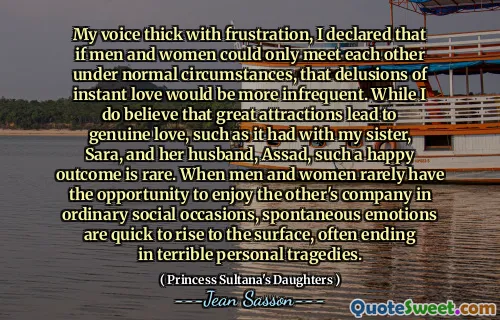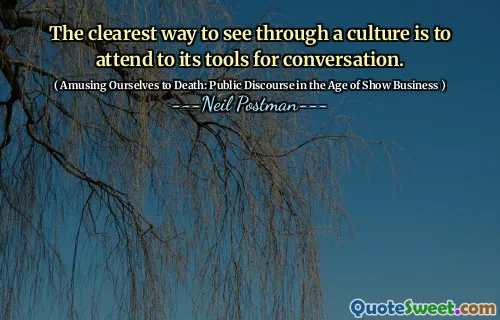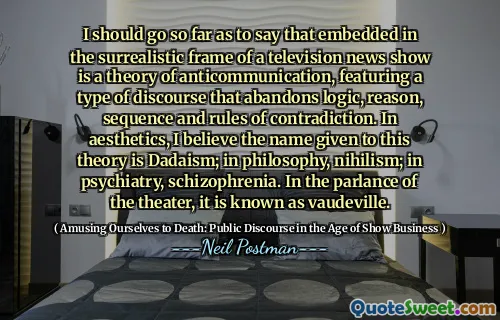
Hip-hop is like underground. I don't know if hip-hop exists anymore. I don't know if it does.
This quote delves into the evolving nature and perception of hip-hop as a cultural and musical genre. Hip-hop emerged as an underground movement rooted in expression, resistance, and authenticity. For many, it represented a voice for the marginalized, a platform for raw storytelling that often stood apart from mainstream commercial interests. Over time, however, hip-hop has become a massive industry, marked by commercial success, mainstream radio play, and widespread global influence. This transition can create a rift in the identity of the genre—leaving some fans and artists questioning whether the core essence of hip-hop still remains intact.
The speaker’s uncertainty about whether hip-hop still exists hints at a concern that the underground spirit, which originally drove the genre, may have been overshadowed or diluted by commercialization and mainstream culture. It reflects a broader conversation about authenticity, cultural preservation, and the commercialization of art forms. When a subculture or music style is embraced by mass media and corporate interests, critics often feel that its original power and rawness diminish, leading to nostalgia for its more authentic roots.
This quote also prompts reflection on the lifecycle of cultural movements: how they evolve, are commodified, and whether their original purpose is maintained or transformed. It invites listeners to consider the current state of hip-hop—not just as entertainment, but as a culture that encapsulates social challenges, creative innovation, and community identity. Ultimately, it underscores the importance of remembering and respecting the origins and essence of movements like hip-hop amidst their commercial and cultural expansion.










